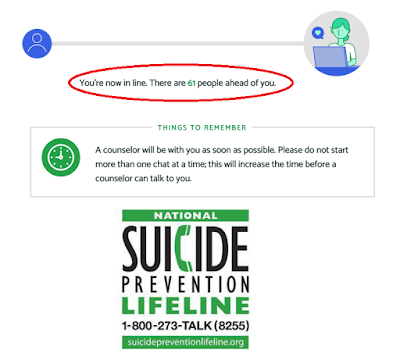In the months before unleashing a hail of bullets into a Las Vegas concert crowd, Stephen Paddock burned through more than $1.5 million, became obsessed with guns and increasingly unstable, and distanced himself from his girlfriend and family, according to an investigative report released on August 3, 2018. The report further detailed Paddock's meticulously planning, including researching SWAT tactics, renting other hotel rooms overlooking outdoor concerts and investigating potential targets in at least four cities.
With those revelations, police announced they were closing their 10-month investigation without a definitive answer for why Paddock, a high-stakes gambler, amassed an arsenal of weapons and carried out the deadliest mass shooting in modern U.S. history.
One of Paddock's brothers told investigators that he believed the gunman had a "mental illness and was paranoid and delusional." A doctor believed he may have had bipolar disorder, the report said.
Paddock's girlfriend said he had suddenly stopped being affectionate and constantly complained of being ill. Marilou Danley told investigators that he said doctors could not cure him but told him he had a "chemical imbalance." (Tacoma News Tribune, August 3, 2018)
--
I don't wish to minimize the crimes of Stephen Paddock, but we must consider the fact that mental health counseling - something that can help prevent this type of crime - is not easily available to someone seeking help.
As an example, if you went to the Veteran's Crisis Chat Line on a given day in July 2018, you would have found that there were 61 people in line ahead of you wanting to get some sort of help or advice from a counselor. Four hours later that number had dropped to 26, but there was still no response from a counselor on the Crisis Chat Line.
Stephen Paddock was a millionaire, with funds available to pay for mental health services. But most people seeking mental health counseling don't have unlimited funds. Attempting to find mental health counseling where the doctor is accepting new patients and accepts your health insurance can be difficult at best.
While we tend to think of mental health consequences, such as post-traumatic stress disorder, compassion fatigue and burnout as resulting from a specific traumatic event, these same things can result from prolonged exposure to a hostile and stress inducing work environment. The harming effects of workplace (or other environmental) stress can result in an individual becoming psychologically injured after long-term abuse (problems that are drawn out over months).
It is important that we raise awareness of mental health issues, and that access to mental health counseling and treatment be made more easily available.


No comments:
Post a Comment
Note: Only a member of this blog may post a comment.